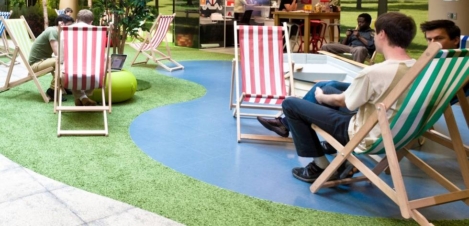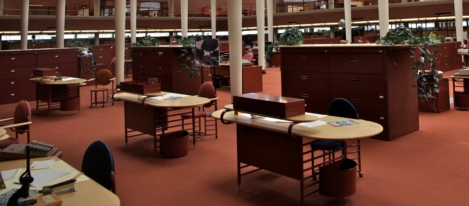June 8, 2015
Three reasons why National Work From Home Day has it all wrong
Last Friday was National Work From Home Day in the UK. Each year, the TUC and organisers Work Wise seem to take this as an opportunity to analyse data about the uptake of flexible working and arrive at the wrong conclusions. This year, its analysis of the ONS Labour Force Survey found that the number of people regularly working from home had increased by more than 800,000 since 2005, taking the total to over 4.2 million. These are solid enough data, but what are we to make of TUC General Secretary Frances O’Grady’s conclusion that: “these figures show millions of British workers have adopted homeworking and are enjoying a better work-life balance, while saving time and money on costly commuting that benefits no-one”? There are several reasons to suggest that he’s got that wrong to a large extent.












 TechNorth, the Manchester based technology hothouse devised as a regional counterbalance to London, is held in higher regard than the capital’s flagship TechCity development, according to research from recruitment firm Robert Half. The study of IT decision makers across the UK claims that the vast majority would prioritise working with Northern firms over their London counterparts, with 87 percent either ‘highly likely’ or ‘somewhat likely’ to place work with IT businesses in the TechNorth hub rather than those in TechCity London given the choice. The figure is 100 percent for IT leaders based in the North and to 95 percent for those in Scotland. More surprisingly, 80 percent of those based London and the South East said they would prioritise TechNorth, as did 75 percent in the South West and Wales.
TechNorth, the Manchester based technology hothouse devised as a regional counterbalance to London, is held in higher regard than the capital’s flagship TechCity development, according to research from recruitment firm Robert Half. The study of IT decision makers across the UK claims that the vast majority would prioritise working with Northern firms over their London counterparts, with 87 percent either ‘highly likely’ or ‘somewhat likely’ to place work with IT businesses in the TechNorth hub rather than those in TechCity London given the choice. The figure is 100 percent for IT leaders based in the North and to 95 percent for those in Scotland. More surprisingly, 80 percent of those based London and the South East said they would prioritise TechNorth, as did 75 percent in the South West and Wales.
























June 10, 2015
Time to get back a sense of proportion about sitting down
by Mark Eltringham • Comment, Wellbeing, Workplace design
(more…)